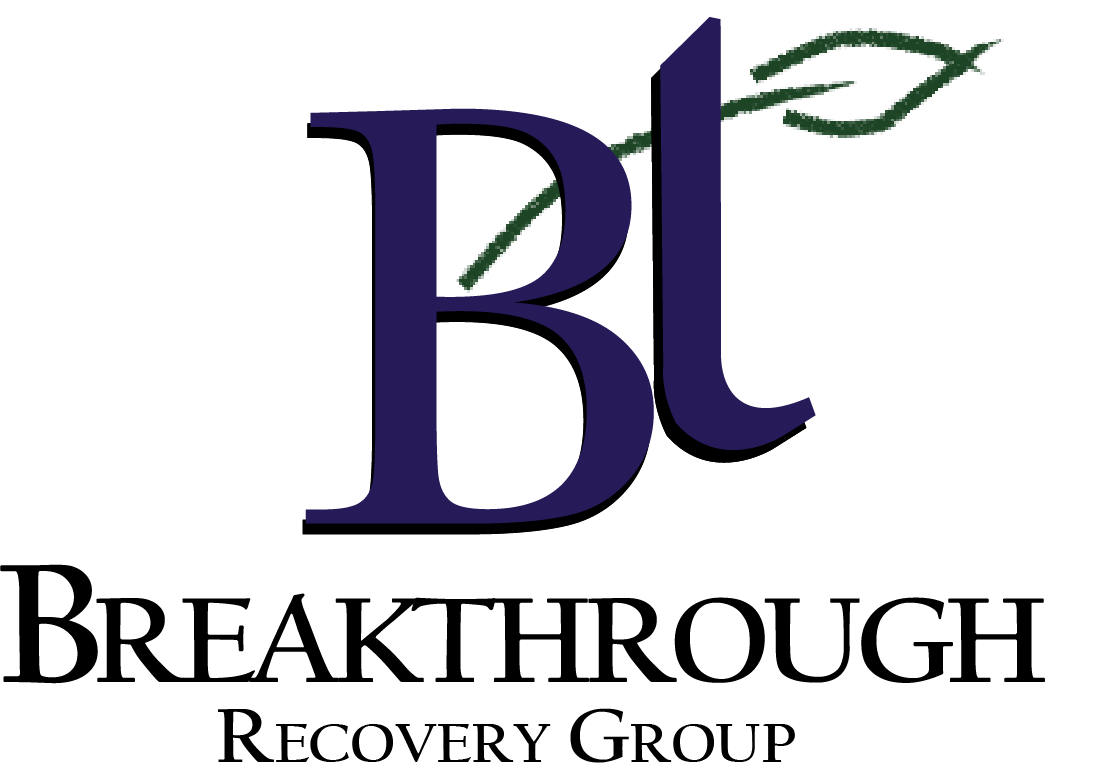Finding The Right Spokane Rehab Center
The decision to seek help for addiction is a courageous first step, whether it’s for yourself or someone you love. But if you’re unfamiliar with rehab centers, it’s natural to feel uncertain about what to expect. This blog will take you inside a Spokane rehab center, breaking down what happens at each stage of the rehabilitation process. Our goal? To provide clarity, relieve anxiety, and help you or your loved ones prepare for a life-changing recovery experience. Addiction recovery isn’t just about breaking free from substance use—it’s about rebuilding a life of purpose and well-being. By understanding the role of a Spokane rehab center, you’ll be better equipped to take this critical, empowering step forward.
Understanding Addiction
Before looking at a Spokane rehab center, it’s important to understand what addiction is—and what it isn’t. Addiction is a complex disease that affects both the brain and behavior. It goes beyond habitual use; it’s about compulsive substance use despite harmful consequences. Key things to know about addiction include:
- It’s not a moral failing; addiction is a complex condition that arises from a combination of physical, psychological, and environmental factors. It can affect anyone, regardless of background, and often involves changes in brain chemistry that make it difficult to control behavior without support or treatment.
- Anyone can be affected; addiction doesn’t discriminate by age, gender, race, or socioeconomic status. It can impact individuals from all walks of life, whether they are teenagers navigating peer pressure, adults coping with stress, or seniors facing isolation. The disease of addiction touches people regardless of their background, reminding us that no one is immune.
- Recovery takes expert support to address its physical, emotional, and mental dimensions, ensuring individuals receive the care and guidance they need to rebuild strength, process emotions, and develop healthier coping mechanisms.
The good news is that effective treatment programs are specifically designed to meet these challenges.
The Role of Rehab Centers
Rehab centers are more than just treatment facilities—they’re supportive, safe spaces where individuals can reclaim control over their lives. These centers take a holistic approach to recovery, focusing not only on treating the addiction itself but also on addressing its root causes, such as trauma, mental health challenges, or environmental factors. Through therapy, counseling, and skill-building programs, individuals are equipped with the tools they need for long-term success. Many rehab centers also foster a sense of community, allowing individuals to connect with others who share similar experiences, creating a network of encouragement and support.
Here’s what they focus on:
- Personalized Treatment Plans carefully crafted to address each individual’s unique needs, preferences, and medical history, ensuring a customized approach to their care and recovery.
- A Supportive Environment fostered by a professional team dedicated to your growth, encouraging peers who share similar goals, and structured programs designed to guide you every step of the way.
- Skills for Long-Term Sobriety that focus on relapse prevention, building emotional resilience, maintaining mental well-being, and creating a healthy life balance. These skills are designed to help individuals navigate challenges, manage stress effectively, and establish habits that support a fulfilling, sober lifestyle.
A Spokane rehab center provides all of this and more, offering the perfect ecosystem for someone who’s ready to start their recovery.
What to Expect at a Spokane Rehab Center
Curious about what the treatment process involves? We’ve got you covered! Below is your step-by-step guide, carefully designed to walk you through every stage of the experience so you know exactly what to expect from start to finish. From your initial consultation and assessment to the final follow-up appointment, we’ll break down each step in detail, ensuring you feel confident and well-informed every step of the way. Whether it’s your first time or you’re returning for another session, we’re here to make the entire process smooth and stress-free.
1. Assessment and Evaluation
Treatment begins with a thorough assessment conducted by experienced professionals who are dedicated to understanding your unique needs. This process involves an individualized, in-depth conversation aimed at gathering comprehensive insights into your concerns, goals, and personal circumstances. The assessment is designed to ensure that the care plan developed is tailored to provide the most effective support and outcomes for you.
- Your medical history, including past illnesses, surgeries, ongoing conditions, and any medications you are currently taking.
- Your history of substance use, including any patterns, frequency, or types of substances used
- Potential co-occurring mental health challenges, such as anxiety, depression, or other conditions that may arise alongside the primary issue, requiring additional support and attention
This phase is crucial in developing a personalized treatment plan to meet your specific goals.
2. Detoxification
For many individuals, detoxification (or detox) is an essential step in the recovery process. This critical phase involves safely managing withdrawal symptoms while eliminating harmful substances from your body. Withdrawal can be both physically and emotionally challenging, which is why professional support is so important. At a Spokane rehab center, a medically supervised detox program provides 24/7 care to ensure your comfort and safety. With experienced medical staff on hand, you’ll receive the support you need to navigate this step with as much ease as possible, setting the foundation for a successful recovery journey.
Important things to know about detox:
- It’s a controlled, supportive environment, designed to provide structure and encouragement, helping individuals feel safe while they work towards their goals.
- Medications may be used to ease symptoms, providing relief by targeting specific issues such as pain, inflammation, or discomfort, depending on the condition being treated.
Once detox is complete, you’re ready to focus fully on recovery.
3. Individual Therapy
One-on-one therapy sessions are a cornerstone of many rehab programs, offering a safe and private space to work through personal challenges. These sessions are tailored to your unique needs and give you the opportunity to explore the underlying causes of addiction, whether they stem from trauma, stress, or other life experiences. They also help you develop essential coping skills to manage triggers and build a healthier future. A Spokane rehab center employs highly trained, licensed therapists who specialize in providing evidence-based treatments, including cognitive-behavioral therapy, motivational interviewing, and other proven approaches to support your recovery journey.
- Cognitive Behavioral Therapy (CBT): A structured, evidence-based approach that helps you identify and change negative thought patterns and behaviors. By focusing on the connection between thoughts, feelings, and actions, CBT provides tools to develop healthier coping strategies and improve overall emotional well-being.
- Trauma-Informed Therapy: A therapeutic approach focused on identifying and addressing past traumatic experiences that may have contributed to or are linked to substance use. This method creates a safe and supportive environment, helping individuals process their trauma and build healthier coping mechanisms.
These sessions are tailored to your story, your challenges, and your goals.
4. Group Therapy
Recovery is never a solo effort. Group therapy brings together peers who are walking similar paths, creating a space for connection and mutual support. Group sessions can include:
- Sharing personal experiences can provide valuable insights, foster connections, and help others learn from your unique perspective.
- Learning and practicing healthy communication and relationship skills to build stronger connections, resolve conflicts effectively, and foster mutual understanding.
- Participating in collaborative exercises designed to build self-awareness by fostering communication, encouraging teamwork, and enhancing understanding of personal strengths and areas for growth.
The group dynamic helps individuals feel less isolated and fosters a sense of community.

5. Dual Diagnosis Treatment
Addiction and mental health issues often go hand-in-hand, creating a complex cycle that can be difficult to break. People struggling with addiction may also face co-occurring conditions such as anxiety, depression, or post-traumatic stress disorder (PTSD). These mental health challenges can either contribute to the development of addiction or be exacerbated by substance use, making treatment and recovery more complicated. Addressing both addiction and mental health simultaneously is crucial for long-term well-being.
- Depression: A mental health condition that affects mood, thoughts, and daily activities, often causing persistent feelings of sadness, loss of interest, or fatigue.
- Anxiety: A feeling of worry, nervousness, or unease, often about an imminent event or something with an uncertain outcome.
- PTSD (Post-Traumatic Stress Disorder): A mental health condition triggered by experiencing or witnessing a traumatic event, often characterized by flashbacks, anxiety, and difficulty coping with everyday life.
Rehab centers in Spokane specialize in dual diagnosis treatment, addressing both addiction and co-occurring mental health disorders simultaneously. This approach ensures comprehensive healing.
6. Holistic Therapies
Recovery doesn’t just happen in the mind—it’s a whole-body process that requires nurturing both mental and physical health. Many Spokane rehab centers recognize this and incorporate holistic therapies into their programs to provide comprehensive support. These therapies are designed to complement traditional treatments by addressing emotional, physical, and even spiritual well-being. Some common options include yoga to promote mindfulness and relaxation, art therapy to encourage self-expression, and acupuncture to help reduce stress and restore balance. By combining these approaches, rehab centers aim to create a more personalized and effective path to recovery.
- Yoga to build mindfulness, improve flexibility, and manage stress effectively through breathing techniques and gentle movement.
- Meditation to cultivate inner calm and reduce stress by focusing your mind and practicing mindfulness.
- Art Therapy for emotional expression and self-discovery, offering a creative outlet to process feelings and improve mental well-being.
- Outdoor Activities like hiking through scenic trails or horseback riding across open fields to reconnect with nature and enjoy fresh air, beautiful landscapes, and a sense of adventure.
These therapies serve as valuable complements to traditional treatments.
7. Aftercare Services
The road to recovery doesn’t end when you complete the program—it’s just the beginning of a lifelong journey. Aftercare services at a Spokane rehab center is designed to provide ongoing support, helping you stay on track and navigate the challenges of maintaining sobriety. These services may include counseling, support groups, relapse prevention strategies, and access to community resources, ensuring you have the tools and guidance needed for long-term success.
- Regular support groups to stay connected with peers, share experiences, and exchange valuable advice in a safe and understanding environment.
- Relapse prevention planning to help identify and manage triggers, develop coping strategies, and create a solid support system for long-term success.
- Access to alumni programs designed to help you stay connected, build lasting relationships, and maintain a strong sense of community even after completing the program.
Consistency and support are critical elements for maintaining sobriety long-term.
Breaking The Stigma
Despite the increasing awareness and understanding of addiction as a medical condition, there still exists a stigma surrounding drug rehabs. This stigma can be damaging to individuals seeking treatment, as it may prevent them from seeking help due to fear of judgement or shame. Many people view those struggling with addiction as weak, lacking willpower or moral character. This negative perception can lead to feelings of guilt, low self-worth, and isolation among those seeking treatment. Additionally, some may believe that rehab centers are only for “rock bottom” cases or that they are ineffective at treating addiction. However, this is far from the truth. Rehab centers offer evidence-based treatments and personalized care plans tailored to each individual’s needs, providing a safe and supportive environment for recovery. It is essential to break this stigma surrounding drug rehabs and view them as places of healing and transformation rather than places of shame or judgment. With understanding and compassion, we can support those seeking treatment and help break the cycle of addiction.
Conclusion
In conclusion, rehab centers in Spokane offer a comprehensive approach to treating addiction by addressing the physical, mental, and emotional aspects of recovery. Through evidence-based treatments, holistic therapies, ongoing support services, and breaking the stigma surrounding rehab centers, individuals can find healing and long-term success on their journey to sobriety. By recognizing that addiction is a medical condition and providing compassionate care for those seeking treatment, we can create a supportive community that fosters growth and understanding. If you or a loved one is struggling with addiction dont hesitate to reach out to our compassionate staff by calling 1 (509) 927-6838 or clicking Breakthrough Recovery Group. With determination and support, recovery is possible.





